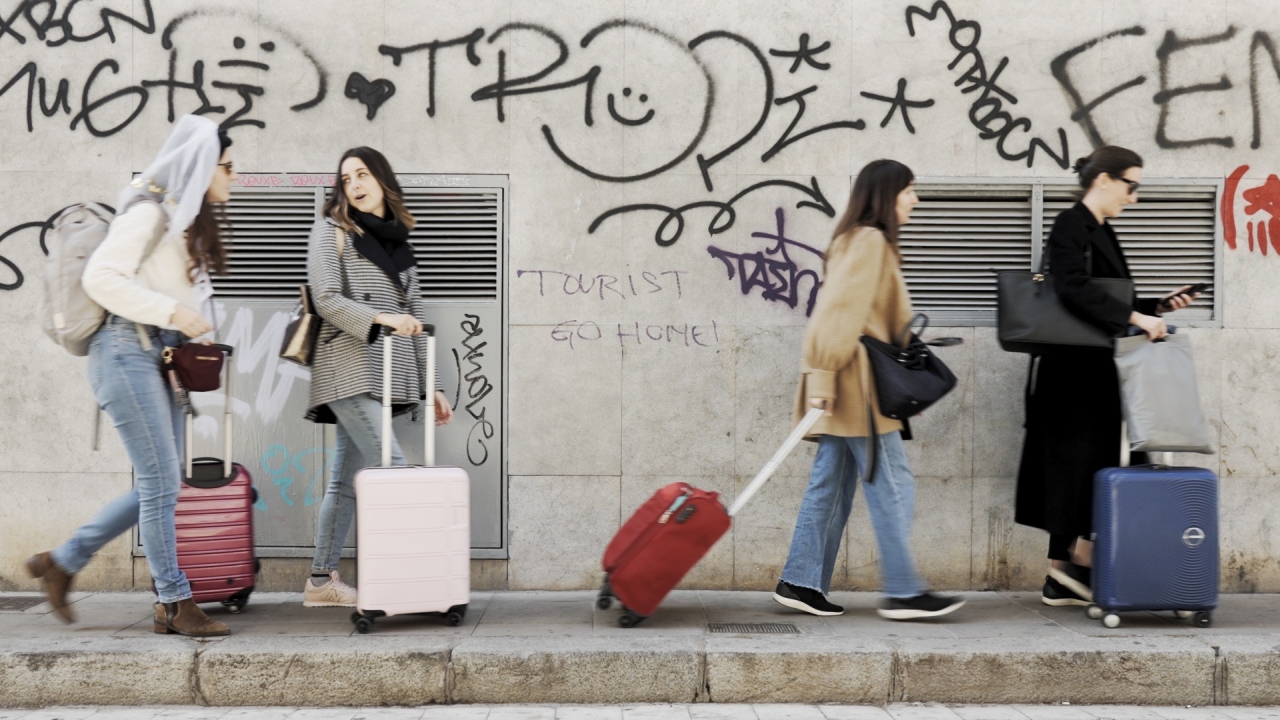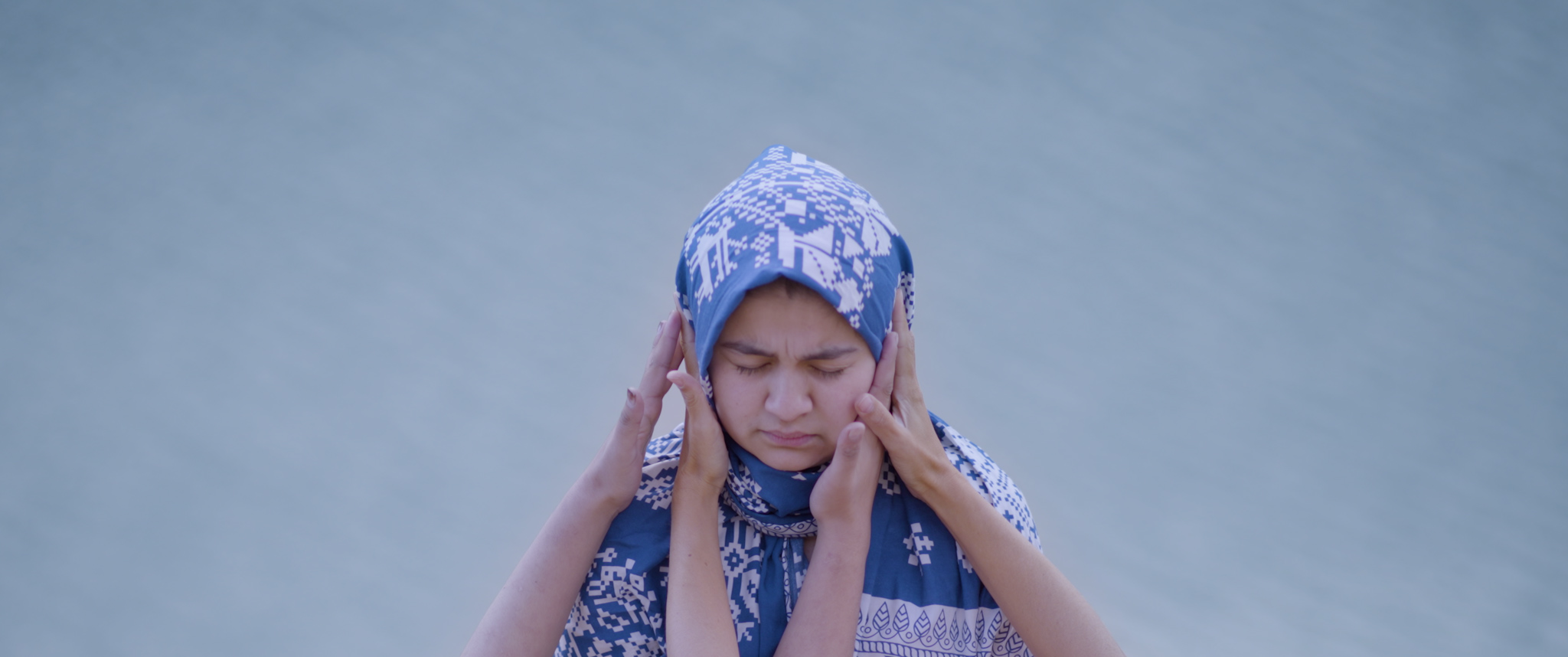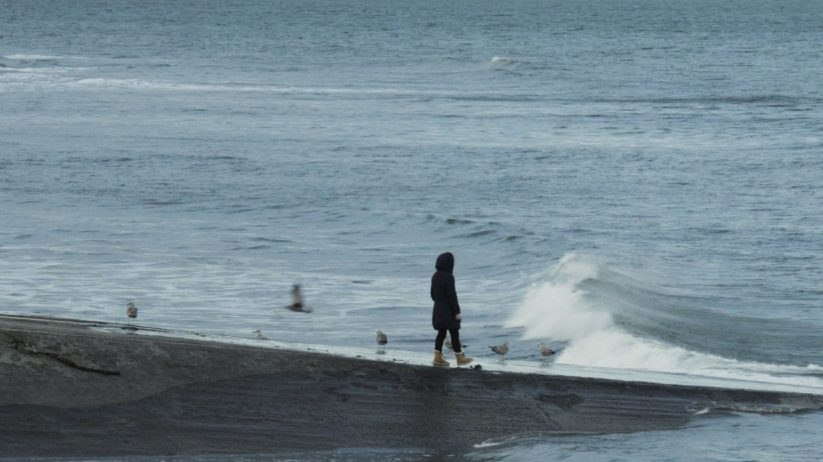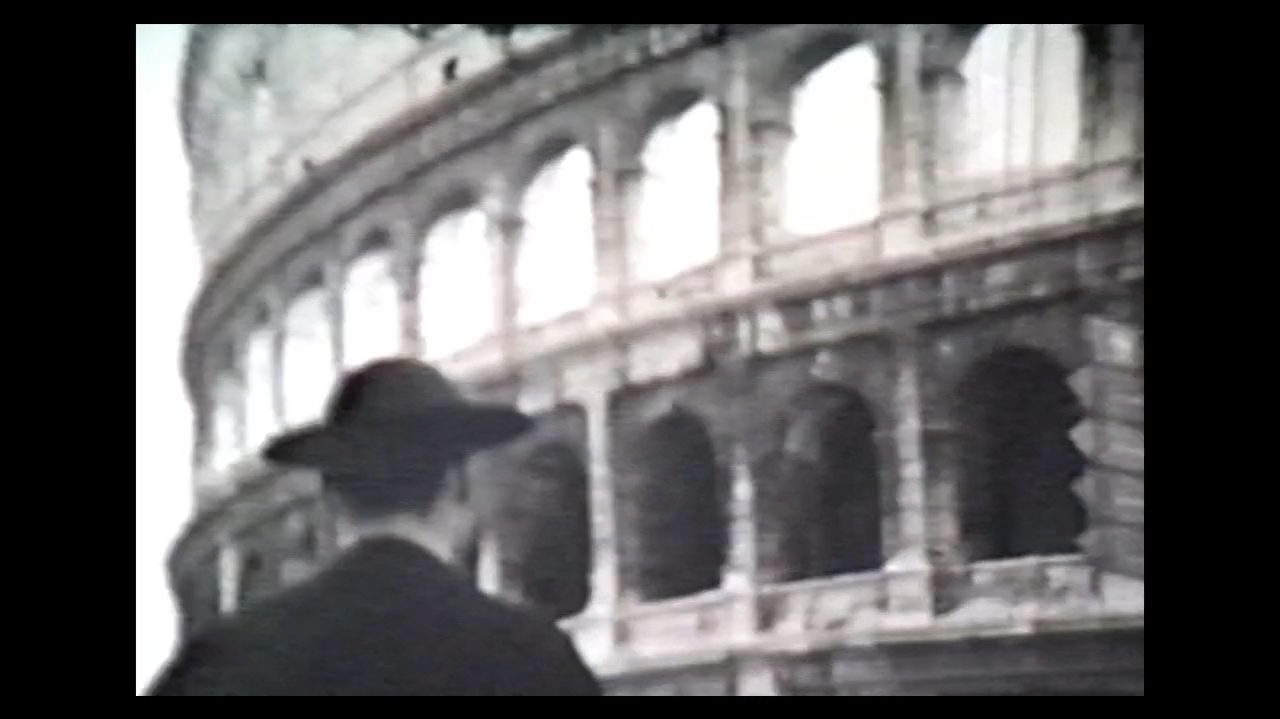The Krakow Film Festival is bringing back last year’s non-competitive sections named after films. The Illumination, The Promised Land, and Through a Glass Darkly wil give audiences the opportunity to see meticulously selected documentaries and short films. The titles of masterpieces by Ingmar Bergman, Andrzej Wajda, and Krzysztof Zanussi served as an inspiration for the section’s curator Krzysztof Gierat, and they can also be considered an excellent starting point for interpreting the presented films.
The Illumination
Half a century ago, Krzysztof Zanussi’s film won the Grand Prix at the Locarno Festival. It captivated juries and selectors worldwide. The titles featured in The Illumination follow in its footsteps. Each of these films boasts an impressive festival run and even a few awards to their name.
Having a premiere at Sundance, The Masterpiece (dir. Álex Lora) has gained global attention. This unasuming short fiction film about a wealthy couple and a pair of scrap metal collectors serves as a starting point for an unconventional tale about class differences and prejudices. A confrontation, this time with memories, lies at the centre of the animation film Via Dolorosa. In her short film, director Rachel Gutgarts returns to the vibrant streets of Jerusalem, where she wandered as a teenager. The protagonist of Gleb Osatinski’s short film, showcased at the Berlinale, is also a teenager. In Resentment, 17-year-old Yasha rebels against Soviet rule. Politics, but in a more bitinh manner, is the focus of the documentary Smiling Georgia (dir. Luka Beradze). New teeth in exchange for votes? This was the idea proposed by one of the ruling parties in 2012, aiming to buy the votes of the country’s poorest regions.


Director of the multiple-award-winning documentary Bottlemen, Nemanja Vojinović, visits the poorer corners of his country. He ventures to the outskirts of Belgrade, to one of Europe’s largest landfills. A similar setting is home to the little protagonists of the animated film Wander to Wonder (dir. Nina Gantz). Their guardian, and also the creator of a children’s show, has passed away, and the house they all live in is falling into ruin. Memories of the series’ glory days intertwine with decay, hunger, and anxiety about the future. The fate of the characters in two award-winning animated short films about emigration is equally precarious. Set in 1942, Purga (dir. Gintarė Valevičiūtė Brazauskienė, Antanas Skučas) sees people deported by the Soviets confront the forces of a majestic yet unforgiving nature. Based on the memories of those who survived, this animated film takes viewers to the far end of the world to show people at the limits of their endurance. In Claw Machine there is no specific time or place. It’s a universal story of war that leavs little choice – you can stay and resist or flee. The protagonist of Georges Salameh’s animated film decides to emigrate. The latest documentary by Matej Bobrik, Distances, explores the experiences in a new homeland. It portrays a Nepalese family living in Poland, where improving living conditions do not necessarily have a positive impact on the relationships at home.
“A horse is a horse is a horse”. Nothing could be further from the truth, as demonstrated by master animator Witold Giersz. In his new film Horse Portrait, the acclaimed filmmaker takes viewers on a centuries-long journey through the evolving depictions of horses. A completely different approach to portraiture is explored in Corina Schwingruber Ilić’s short documentary. The director of the Locarno-awarded Been There visits popular tourist spots where travellers stand in lines from morning till night eagerly awaiting a chance to take their souvenir photos.
Through a Glass Darkly
In his Faith Trilogy, Ingmar Bergman grapples with the problem of the “silent God”, a crisis of faith, and delves into the complexities of human relationships. These are stories marked by profound uncertainty about the meaning of life and the existence of God.
The protagonists of the documentary Ouvidor (dir. Matias Borgström) are well aware of this uncertainty of tomorrow. The titular Ouvidor is the largest artistic squat in Latin America. This vibrant, colourful, and creative place, inhabited by 120 artists from various countries, constantly faces the threat of eviction by the Brazilian government.
On the other hand, Mary Posatko’s documentary explores faith and the crises that follow it. In a Wintry Season is a deeply personal story composed of numerous private archival materials, telling the story of the forbidden love of the author’s parents. Devoted to religion, Tom and Sheila take vows of chastity in their youth to dedicate themselves to spiritual life – she as a nun and he as a priest.


The Promised Land
This monumental novel was masterfully adapted by Andrzej Wajda. It’s a story of dreams, friendship, and work, which for some is a goal in and of itself and a path to the coveted rise in social hierarchy, while for others, it is synonymous with exploitation and degradation.
Journalist Apolena Rychlíková takes a close look at the phenomenon of work. She decides to create an assumed identity documentary about “cheap labour” in Western Europe. Working on asparagus farms, caring for the elderly, or cleaning hotels are typical jobs for people from the other, “worse” parts of the continent. Limits of Europe presents a harrowing portrait of inequality and exploitation of Eastern Europeans working for the comfort of their neighbours.
Aniqa Bano has done tremendous work. The protagonist of the documentary Flying Hands (dir Marta Gómez, Paula Iglesias) gave birth to a deaf daughter. Previously unaware that in her native Baltistan people with such disabilities are often rejected by society, and even by their families, Aniqa had decided to take action. She built a school for the deaf, started educating them, and train them to live independently. It’s a touching story about the power of commitment and the creation of communities that break down stereotypes.
Thirty-year-old Ola, who has an intellectual disability, lives in an exceptionally friendly and open community and is the protagonist of Ragnhild Nøst Bergem’s documentary. This small Norwegian village comprises a diverse and empathetic group of people. They strive to live at a slower pace, in harmony with nature, with respect and mutual support. Ola thrives in this patchwork family until he faces separation from someone close to him. The film Being Ola proves that life in an egalitarian society is possible, but mutual acceptance is key.
The Illumination:
- The Masterpiece, dir. Álex Lora, Spain, 20’, 2024
- Wander to Wonder, dir. Nina Gantz, Kingdom of the Netherlands, France, Belgium, 14’, 2023
- Been There, dir. Corina Schwingruber Ilić, Szwajcaria, 10’, 2023
- Claw Machine, dir. Georges Salameh, Grecja, 14’, 2023
- Distances, dir. Matej Bobrik, Polska, 84’, 2023
- Horse Portrait, dir. Witold Giersz, Polska, 6’, 2023
- Purga, dir. Gintarė Valevičiūtė Brazauskienė, Antanas Skučas, Litwa, 13’, 2023
- Resentment, dir. Gleb Osatinski, Litwa, 30’, 2023
- Smiling Georgia, dir. Luka Beradze, Gruzja, Niemcy, 62’, 2023
- Via Dolorosa, reż. Rachel Gutgarts, Francja, 11’, 2023
- Bottlemen, dir. Nemanja Vojinović, Serbia, Słowenia, 83’, 2023
Through a Glass Darkly:
- Ouvidor, dir. Matias Borgström, Brazylia, 74’, 2023
- In a Wintry Season, dir. Mary Posatko, USA, 94’, 2024
The Promised Land:
- Being Ola dir. Ragnhild Nøst Bergem, Norwegia. 72’, 2023
- Limits of Europe, dir. Apolena Rychlíková, Czechy, Francja, 98’, 2024
- Flying Hands, dir. Marta Gómez, Paula Iglesias, Hiszpania, 78’, 2023
Passes and tickets for the 64.th Krakow Film Festival are on sale now! The schedule of screenings and accompanying events is available here.
The Krakow Film Festival is on the exclusive list of qualifying events for the Oscars® in the categories of short film (live action, animated, documentary) and documentary feature, as well as a recommending event for the European Film Awards in the same categories.
The Kraków Film Festival is organised with the financial support of the Municipality of Kraków, the Ministry of Culture and National Heritage, the European Union’s Creative Europe program, the Lesser Poland Province, the Polish Film Institute. The festival is co-organised by the Polish Filmmakers Association.
The 64th Krakow Film Festival will be held in cinemas from 26 May to 2 June and online across Poland on the KFF VOD platform from 31 May to 16 June 2024.